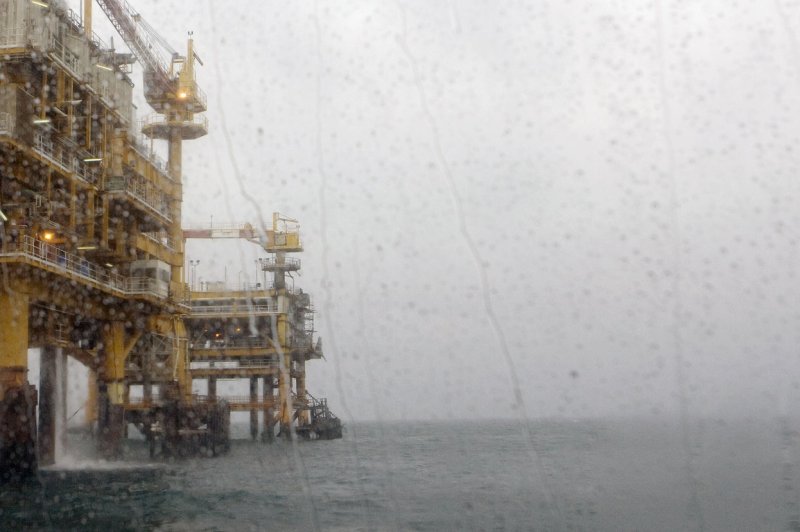Jan. 4 (UPI) -- With decommissioning of some of the aging infrastructure in the North Sea under way, a trade group is making plans for what to do with all the paperwork.
"Over the 40-plus year lifespan of an offshore asset, many thousands of boxes of physical records, and millions of electronic files are created," Daniel Brown, the manager for Common Data Access, a subsidiary of trade group Oil & Gas U.K., said in a statement. "Once the asset is removed to be dismantled, many of the records associated with it are no longer required -- but deciding what must be retained, and what may lawfully be destroyed, is not a simple task."















